Iran-U.S. prisoner swap, what stands in the way?
WANA (Mar 14) – In an interview with state television on Sunday, Iranian foreign minister, Hossein Amirabdollahian claimed that Tehran and Washington have reached an initial agreement to swap prisoners. prisoner Iran U.S.
“We reached an agreement in the past few days and if everything goes well on the American side, I think we will witness a prisoner exchange in the short term,” Amirabdollahian said.
But, later on Sunday, a spokesperson for the White House National Security Council denied any agreement had been reached for the release of U.S. citizens held by Iran.
“We see just another cruel effort to raise the hopes of their families… There is no agreed deal yet,” U.S. State Department spokesman Ned Price said, something that he tends to repeat every time Iran signals readiness for a prisoner exchange.
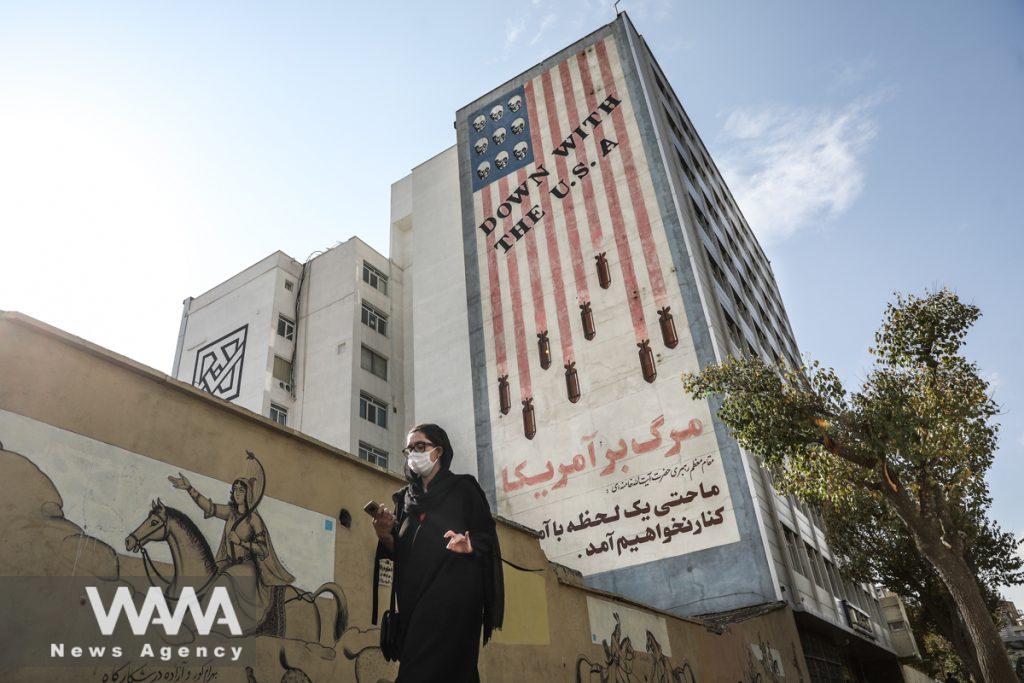
An Iranian woman walks in front of a wall with an anti-American image on it, after Joe Biden wins the US elections, in Tehran, Iran November 8, 2020. Majid Asgaripour/WANA (West Asia News Agency)
The Iranian side responded by adding that a written agreement has been signed between the two sides through an intermediary with regard to exchanging prisoners last March.
“An official representative introduced by the American side has also signed the agreement, but the deal has not been implemented so far by the US administration under various excuses,” Foreign Ministry spokesman Nasser Kan’ani said.
According to sources, the prisoner exchange is “closer than it has ever been”, but the remaining sticking point is linked to 7 billion dollars in frozen Iranian oil funds under U.S. sanctions currently held in South Korea. Qatar and Switzerland have been reportedly involved in the prisoner exchange indirect talks between Tehran and Washington.
The original agreement on the exchange of prisoners was reached between Tehran and Washington in Vienna on the sidelines of negotiations concerning the 2015 nuclear deal, officially known as the Joint Comprehensive Plan of Action (JCPOA).
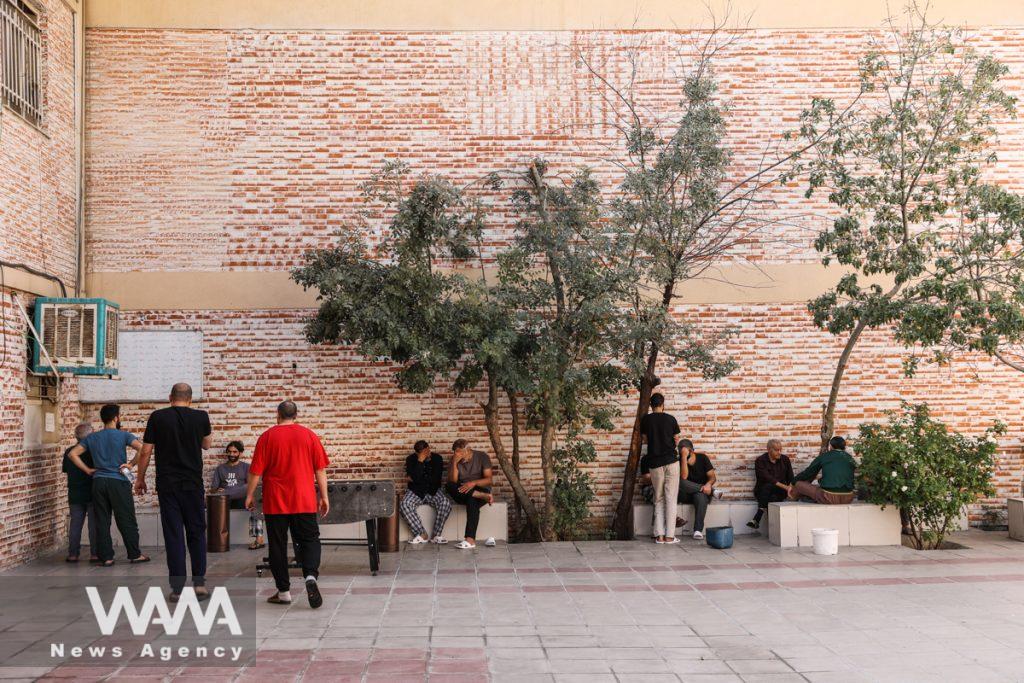
Prisoners sit in Evin prison yard in Tehran, Iran October 17, 2022. Majid Asgaripour/WANA (West Asia News Agency)
Iran has repeatedly urged Washington to release Iranian nationals who have been taken hostage on baseless charges of bypassing U.S. sanctions, decrying the U.S. for tying the humanitarian issue with the revival of the 2015 nuclear deal, which Washington unilaterally abandoned in 2018 despite Iran’s full and strict compliance.
In July 2021, then foreign ministry spokesman Saeed Khatibzadeh reprimanded the U.S. for “denying simple fact that there is an agreed deal on the matter of the Iranian detainees.” Tweeting: “Humanitarian swap was agreed with US & UK in Vienna-separate from JCPOA- on release of 10 prisoners on all sides. Iran is ready to proceed TODAY.”
Iran says the inmate swap is a Humanitarian issue that should not be politicized by the United States. Both sides hold over a dozen prisoners from each other, mostly Iranian-American dual nationals. Iran accuses the U.S. for holding its citizens over “phony charges”, using them as “hostage to political aims”.
Washington on the other hand claims its nationals are wrongfully held as ransom for “political leverage”.
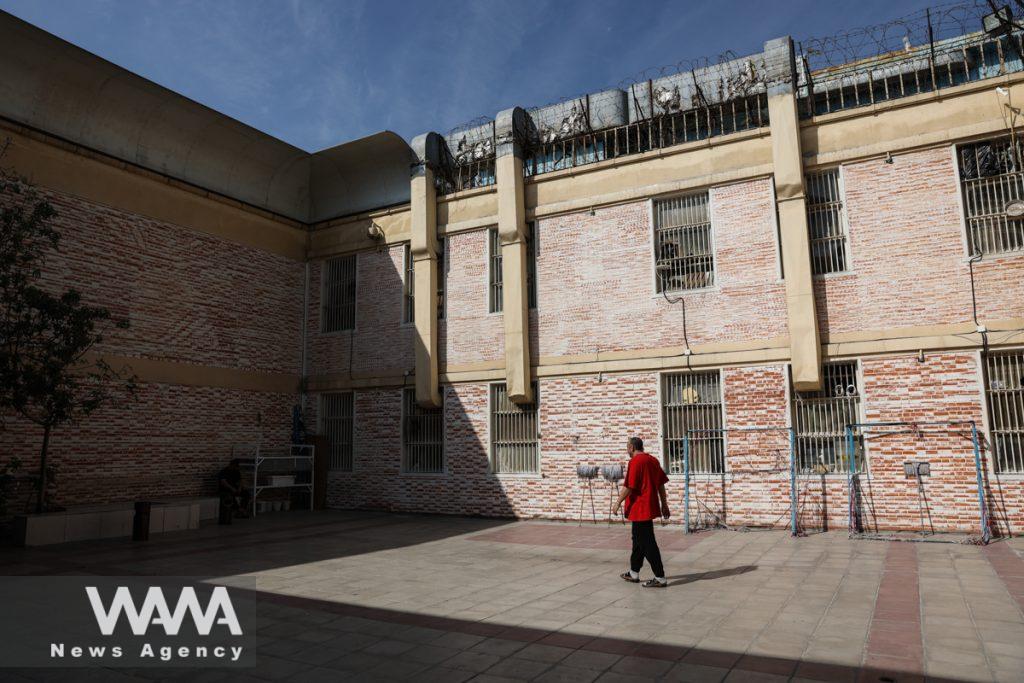
A prisoner walks in Evin prison yard in Tehran, Iran October 17, 2022. Majid Asgaripour/WANA (West Asia News Agency)
The Islamic Republic is usually the one expressing readiness for an inmate swap, while the U.S. outright rejects it, repeating phrases like “cruelty by the Iranian side to get prisoners hopes up”, in order to enhance an anti-Iran mentality. Tehran says the U.S. has always showed “bad faith” when coming to the implementation of agreements, something that history completely approves of.
Instead of taking practical measures in eliminating the obstacles that lie in the path of a prisoner swap between the two countries, the U.S. practices the denial of any agreement using mainstream media to put the blame on Iran when it has always been the one abandoning any accord reached between the two countries.
Iran and the U.S. have conducted prisoner exchanges twice in the past, once in January 2016 when the Joint Comprehensive Plan of Action was implemented, and again in December 2019 with Tehran initiating the move.

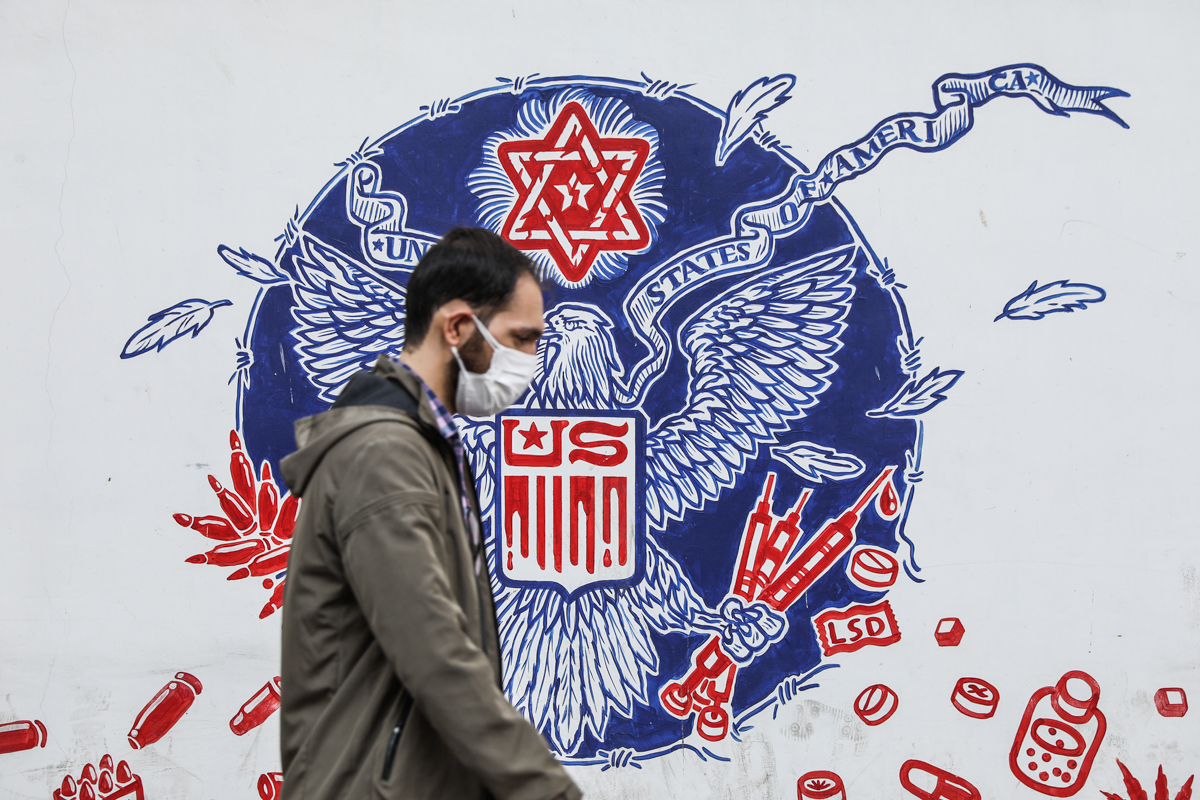
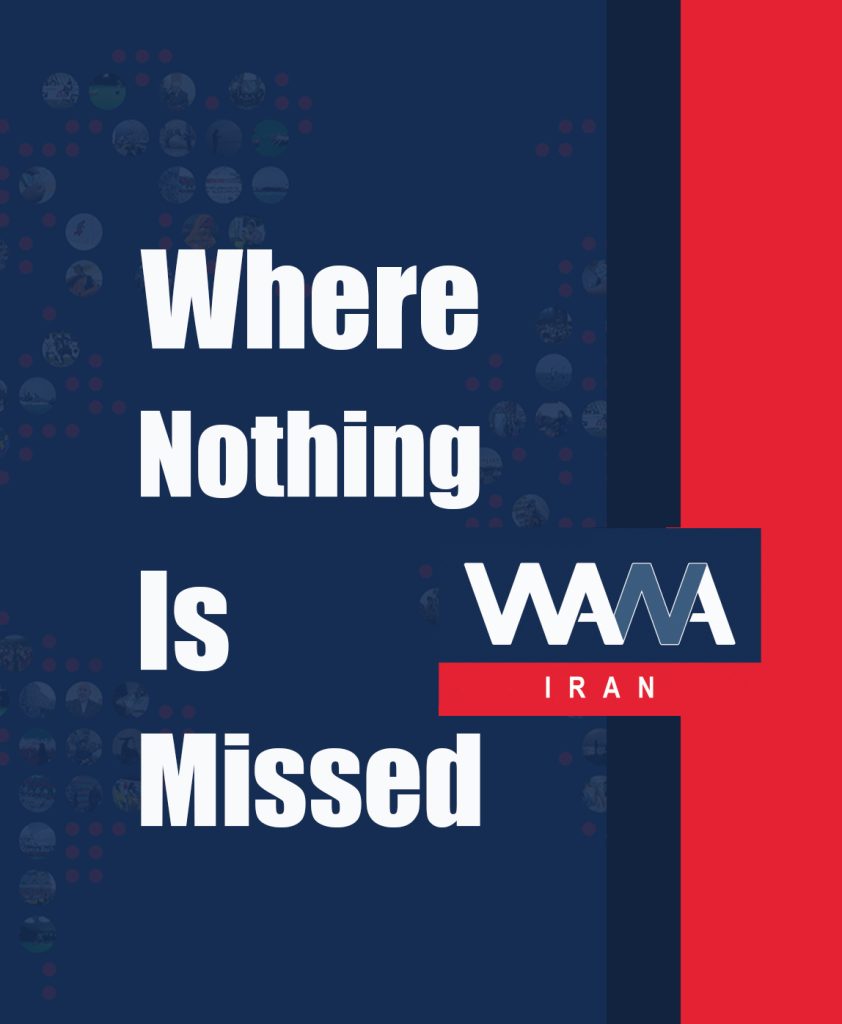










User comments